Sri Lanka's traditional craftsmanship of making Dumbara Ratā Kalāla has been included in the Representative List of the Intangible Cultural Heritage of Humanity by UNESCO, a statement from the global body said.
Sri Lankan Dumbara Rata Kalala, or Dumbara mats, are traditional hand-made mats used as wall hangings, tapestries or cushion covers.
The mats are made in two villages (Kalasirigama and Alokagama) by a community called kinnara that traditionally supplied ornamental mats to the royal palace as part of obligatory service to the crown and to ruling elites between the fifteenth and nineteenth centuries.
Today, artisans weave the mats for local buyers and tourists. Dumbara mats are made with the fibres of the hana plant and decorated with symbolic motifs and designs. The plant fibres are separated by pressing the leaf against a log with a sharp-edged piece of wood to scrape away the fleshy parts, according to a brief note- issued by UNESCO on marking the inclusion of the craftmanship.
"The fibres are then washed, sun-dried, combed and dyed using traditional herbal dyes made with natural materials from the Dumbara valley. The mat is created with a loom, and motifs and designs are added using a lath, a flat, narrow strip of wood with a hole at one end. "
The weaver inserts strands of fibre into the hole, then pulls the lath through the yarns on the loom to create the desired motif. Dumbara mats are a traditional item of great cultural significance for Sri Lankans, and the practice is transmitted from parents to children through observation and practice, the statement said.
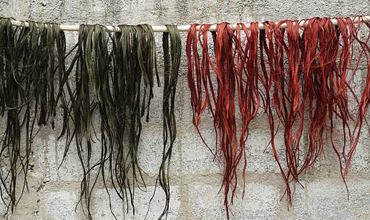
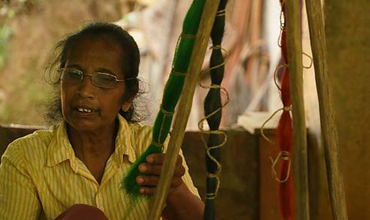
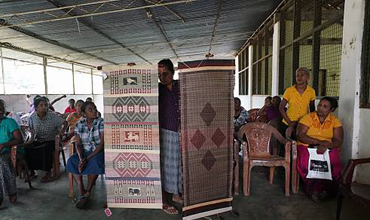
You can share this post!
Content

A Thai woman walking topless in Arugam Bay town has been arrested by the Police.
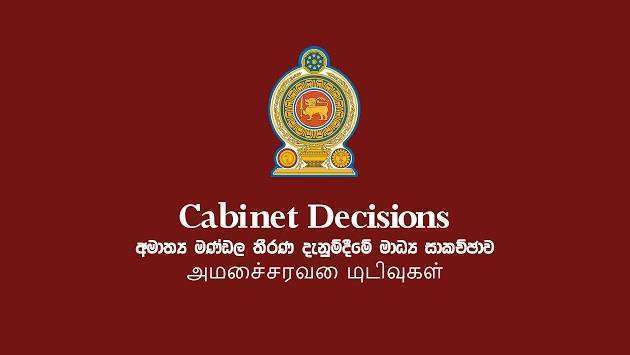
The Cabinet has approved a proposal for Sri Lankans overseas to apply for their passports through an online system via the Lankan diplomatic missions.
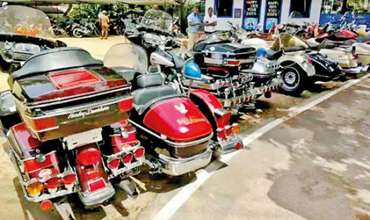
Ajith Gallage, the owner of a Bird Park in Nagarawawa, Hambantota, has been remanded over allegations of concealing illegally imported motorcycles, in a warehouse owned by him.

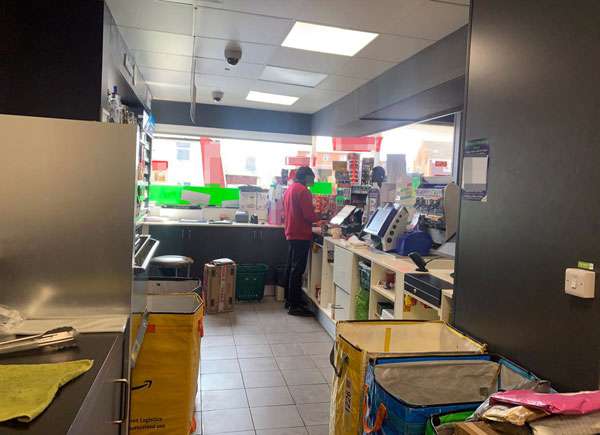
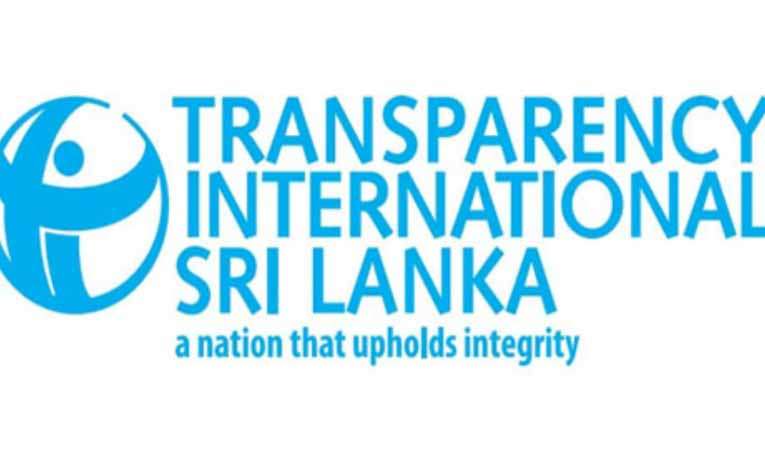



Leave Comments